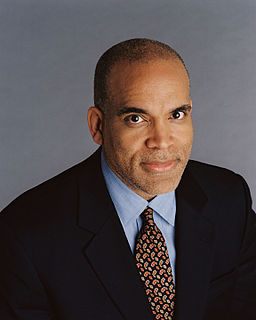We love Iceland. Prime Minister Johanna Sigurdardottir is the first openly lesbian head of government in Europe, if not the world. Icelandair’s beautifully photographed ads on the subway transport us from the pushing crowds at rush hour. And we’ve liked Bjork since her days with The Sugarcubes. Now there’s a new heroine in the media, by the name of Halla Tomasdottir.
In the TED talk above, the founder of Audur Capital makes a number of keen observations about gender and leadership. In relating her own story:
Why would two women who were enjoying successful careers in investment banking in the corporate sector leave to found a financial services firm? Well let it suffice to say that we felt a bit overwhelmed with testosterone… in my country, much like on Wall Street and the city of London and elsewhere, men were at the helm of the game of the financial sector. And that kind of lack of diversity and sameness leads to disastrous problems.
She’s referring to the financial collapse of Iceland in 2008, the biggest of any country in economic history. Tomasdottir goes on:
So it was almost like coming out of the closet to actually talk about the fact that we were women and that we believed that we had a set of values and a way of doing business that would be more sustainable than what we had experienced until then.
It’s rarely easy to talk openly about how your gender impacts business, and the former corporate investment banker’s experience enlightens us about some of the challenges. She further explains:
The whole thing about the female trend is not about women being better than men, it is actually about women being different from men, bringing different values and different ways to the table. So what do you get? You get better decision-making. And you get less herd behavior. And both of those things hit your bottom line with very positive results.
 Love her! Businesses benefit from the multiplicity of values and perspectives that a diverse group of people bring when they freely exercise their whole selves at work.
Love her! Businesses benefit from the multiplicity of values and perspectives that a diverse group of people bring when they freely exercise their whole selves at work.
The title sounds like it may be about the plight of transitioning gender from male to female, yet we’ll explore that in a future post. We’re struck by the poignance of coming out at work with a part of one’s self that’s so readily visible, and obvious.
It’s poignant because Tomasdottir (pictured at right, on left) reveals to us the meaning of her gender relative to her work. And for being in tune with this part of her self, she’s handsomely rewarded.


 Today is
Today is  We traveled to Armenia in the summer of 2003 and worked in Ayroum, a small northern village, and helped construct a solar fruit dryer to assist the local economy. In the course of our work we came out, and not without incident. We were interviewed at the time in an Armenian-American ‘zine, and have reprinted the interview below.
We traveled to Armenia in the summer of 2003 and worked in Ayroum, a small northern village, and helped construct a solar fruit dryer to assist the local economy. In the course of our work we came out, and not without incident. We were interviewed at the time in an Armenian-American ‘zine, and have reprinted the interview below.